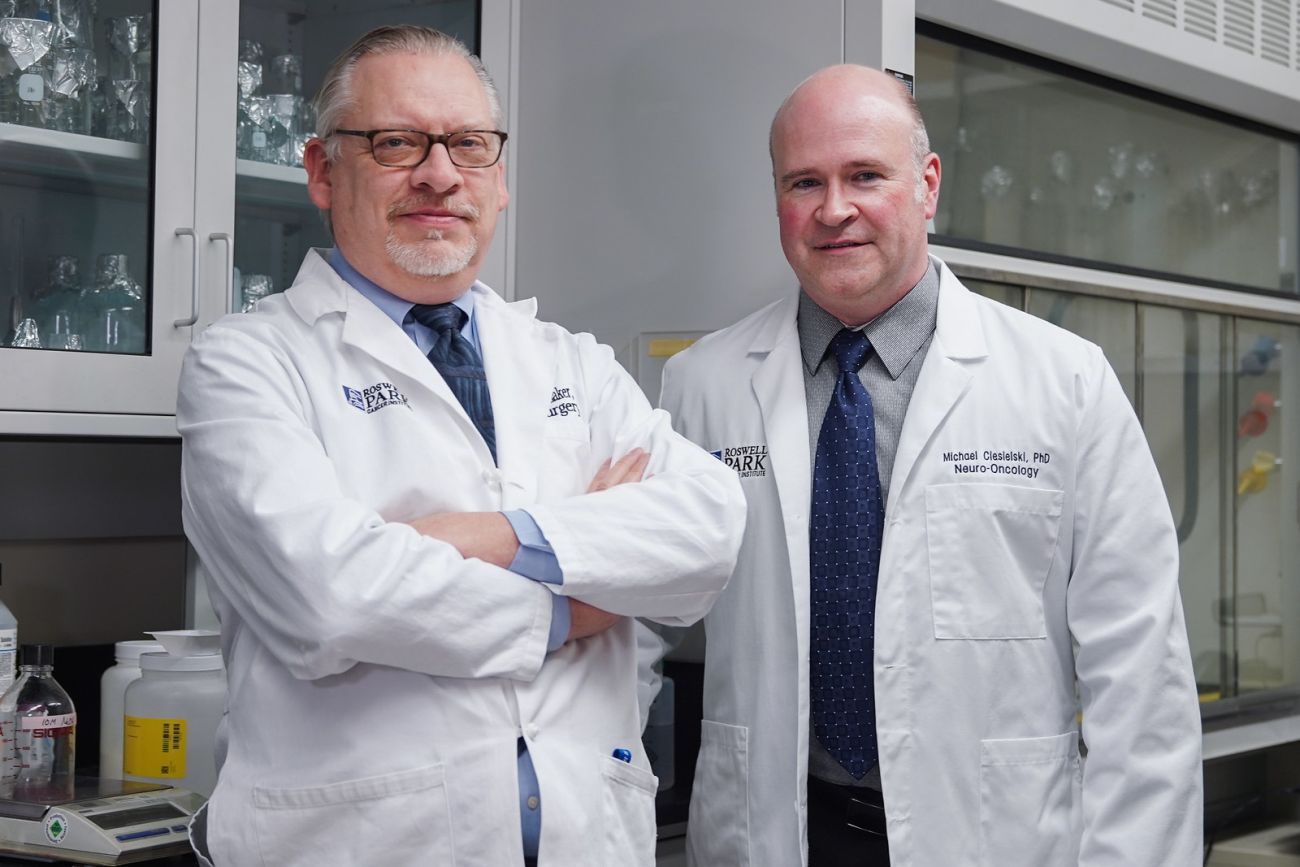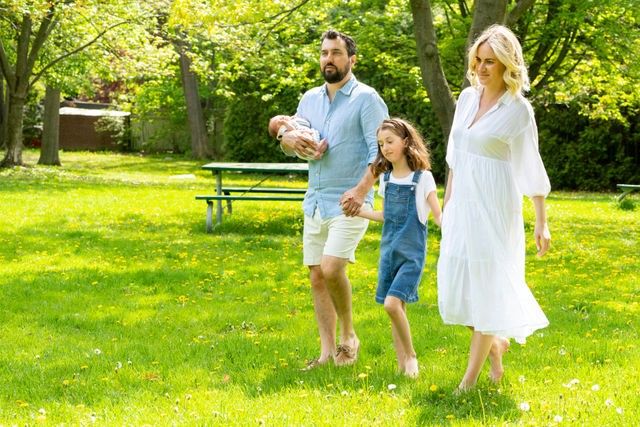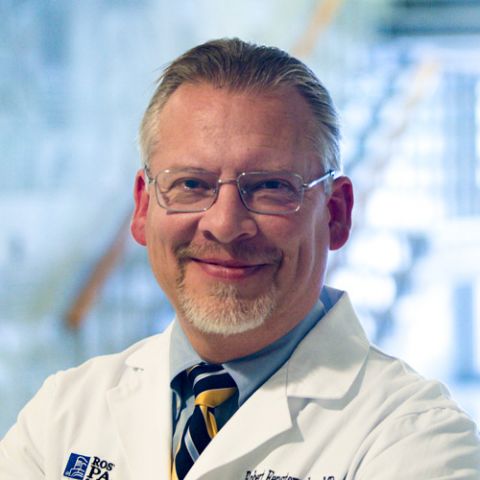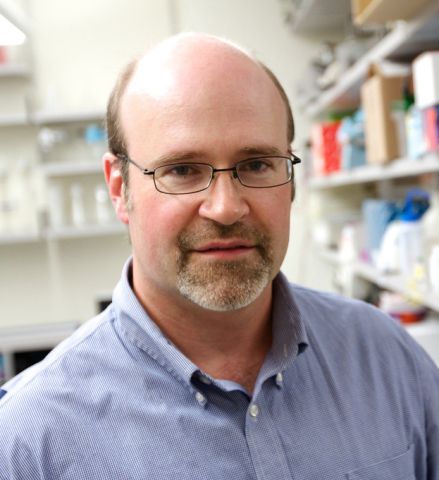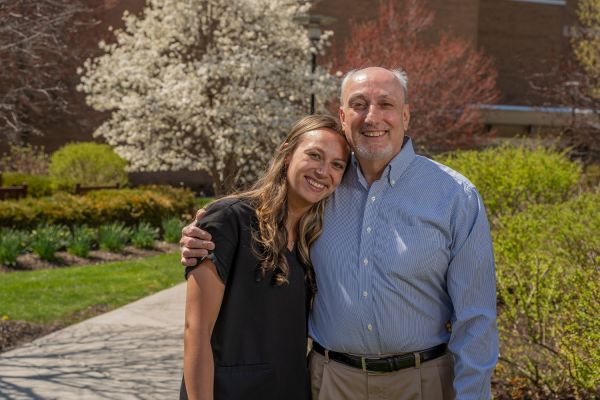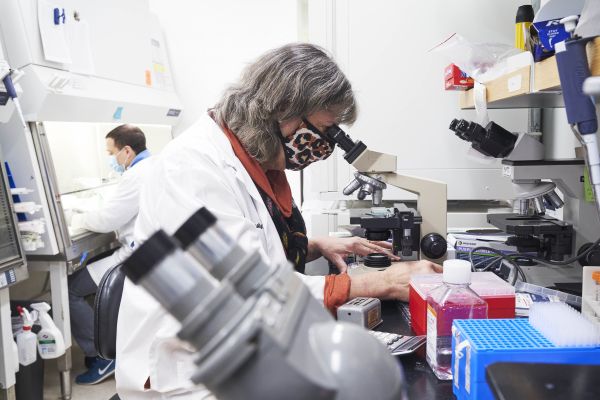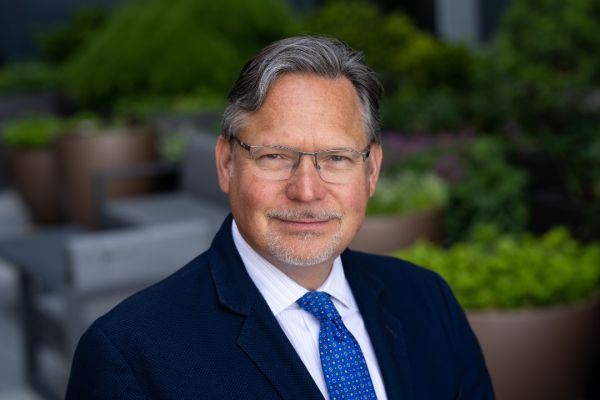In October 2023, a major announcement from the The U.S. Food and Drug Administration (FDA) granted Fast Track Designation (FTD) for SurVaxM, a brain cancer vaccine developed at Roswell Park and currently in clinical trial.
This designation opens up doors for more extensive and accelerated access to FDA resources to continue to develop SurVaxM. With continued donor support, more patients will be able to benefit from SurVaxM, giving countless families hope as they face a cancer diagnosis.
“We are enormously proud of the Roswell Park team’s work going back more than a decade to conceive of SurVaxM, show that it may benefit patients with hard-to-treat, highly deadly cancers and move it successfully from the lab bench to hundreds of patients around the country,” said Roswell Park President, CEO and M&T Bank Presidential Chair in Leadership Candace S. Johnson, PhD. “The contributions of Drs. Robert Fenstermaker and Michael Ciesielski, the Roswell Park lab and research teams, and a whole community of supporters who made this progress possible are bringing hope to patients near and far.”
SurVaxM was created in a lab at Roswell Park by Robert Fenstermaker, MD, Chair of Neurosurgery and Michael Ciesielski, PhD, Assistant Professor of Neurosurgery. Dr. Fenstermaker is the Principal Investigator of the nationwide randomized trial and Dr. Ciesielski is CEO of MimiVax, the company which now produces SurVaxM. Their work has been passionately supported by donor funding for the past 10 years, proving instrumental in bringing this new treatment to where it is today.
“Fast Track Designation is a key component in our journey to help patients with glioblastoma to live longer,” said Dr. Ciesielski.
Significant benefits of FTD include:
- Enhanced access to the FDA including opportunities for more frequent meetings and direct consultation throughout the remaining development of SurVaxM.
- Drugs with FTD are eligible to apply for Accelerated Approval and Priority Review at the time of a New Drug Application (NDA) submission, which may result in faster product approval.
- FTD also allows for a “rolling review” in which MimiVax may submit completed sections of the SurVaxM NDA as they become available, rather than at the end development.
The clinical trial is currently in phase 2b, with an anticipated 270 patients across 11 cancer centers across the country. Because this is a randomized, blind trial, some patients will receive the vaccine, and some will receive a placebo in order to collect the best possible data to move the trial forward. A successful phase 2a demonstrated that 51% of patients receiving SurVaxM survived at least 2 years, and 41% survived at least 3 years — considerably longer than the expected outcomes from standard therapy alone.
“Glioblastoma remains one of those cancers that’s extremely difficult to treat, and treatments have improved only modestly in the last few decades,” Dr. Fenstermaker said. “There’s a real need for better treatments for patients with this disease, and thanks to the support of our colleagues and community we are grateful to see our work with SurVaxM advance to this exciting stage.”
Cassandra's Story
Cassandra Johnston and her husband Nolan Wolf were thrilled to welcome their newborn, Michael, to the world. He came about five weeks early, surprising everyone, but now Cassandra looks back and says her body must have known it was time. Just three weeks later, a more sinister surprise came to light. In April 2023, Cassandra was diagnosed with glioblastoma, an aggressive form of brain cancer.
Surgery came quickly to remove as much of the tumor as possible. Then came radiation and oral chemotherapy at nearby Princess Margaret Cancer Centre; an easy choice for the Toronto-based family with close ties to the hospital. Cassandra’s mom, Christine, had worked there for 13 years before retiring, so the family knew the high-quality, research-based care they would receive there. And they were familiar with cancer — glioblastoma is notoriously hard to treat.
Cassandra, Nolan and Nolan's 9-year-old daughter Kyla had been waiting and hoping for their sweet Michael for three years. Now, cancer threatened to rip Cassandra away from her family. They needed options; they needed hope. That’s when they came to Roswell Park Comprehensive Cancer Center.
Christine was busy looking into clinical trials and other novel options for her daughter when a friend in Florida sent her a national news story. There was a cancer center in Buffalo, New York, that had developed a vaccine for patients like Cassandra.
Finally, some good news: thanks to international collaboration between the two centers, Cassandra learned she was eligible for this clinical trial at Roswell Park. Though it comes with long days and a drive across the border, Cassandra enrolled in the trial for SurVaxM, a therapeutic vaccine for patients with glioblastoma which helps to slow or stop the growth of the cancer.
“We need more breakthroughs in cancer,” Christine said. “It takes patients like Cassandra to try new therapies and get the evidence to bring them up to the population. And without research you’re not going to find more effective therapies. We thank donors for hanging in there and funding the doctors and this research. They couldn’t do it without donors. There’s a lot to be grateful for even in the face of this diagnosis.”
Editor’s Note: Cancer patient outcomes and experiences may vary, even for those with the same type of cancer. An individual patient’s story should not be used as a prediction of how another patient will respond to treatment. Roswell Park is transparent about the survival rates of our patients as compared to national standards, and provides this information, when available, within the cancer type sections of this website.
